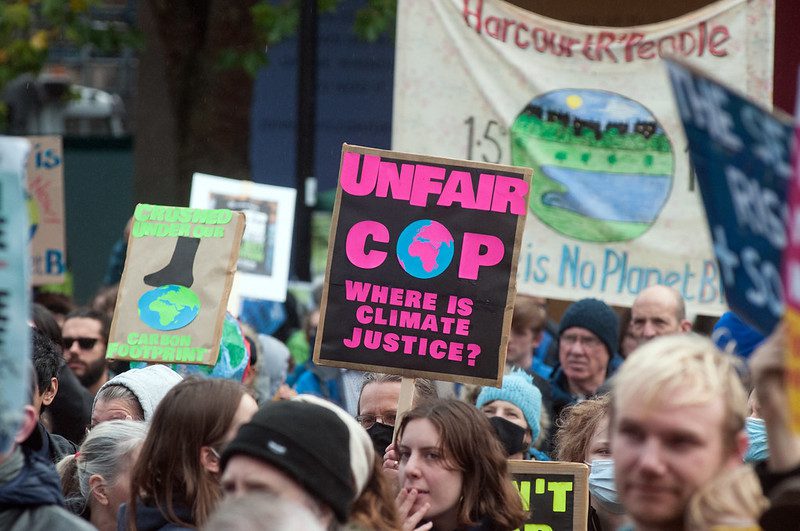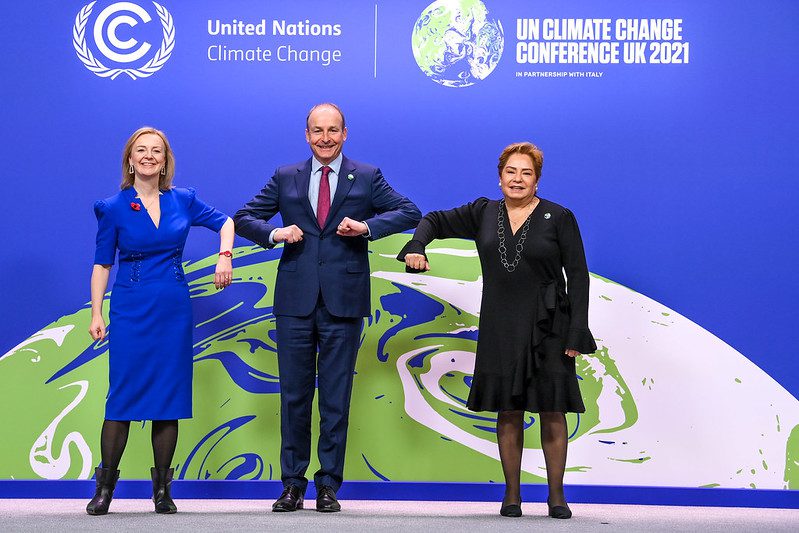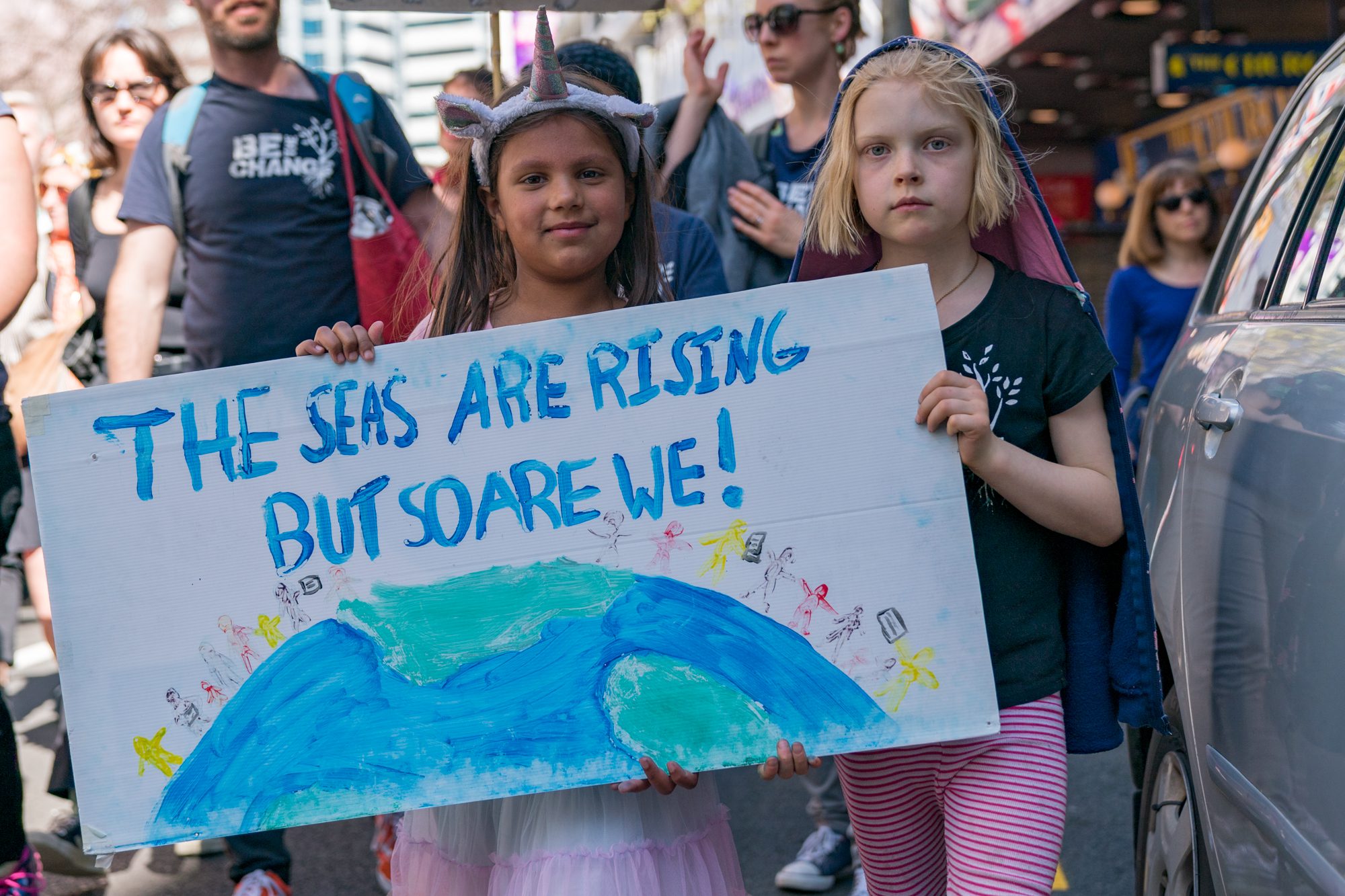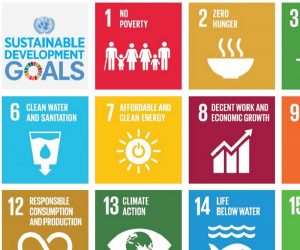The overall goal of the 26th UN Climate Change Conference of the Parties (COP26), happening in Glasgow, United Kingdom, is to bring parties together to inspire action for climate change globally, but there are hopes that creating a roadmap for global climate education might come about in the process.
What is a COP Summit?
COP summits have been happening for three decades bringing together almost every country on Earth to agree on how to tackle climate change. (In fact, the name “COP” is derived from the term “Conference of the Parties.) The COP conferences are extremely important to actions toward climate change. For example, it was during COP21 in 2015 in Paris, that the Paris Agreement was born. The Paris Agreement, or Paris Climate Accords, is an international treaty where various countries committed to developing individual national plans to reduce their emissions to limit global warming by 1.5 degrees.
Currently, COP26 plays a crucial role in the participating countries’ plans to reduce emissions and setting us all on the path to net zero emissions by 2050. To this end, the formal goals in COP26 are:
- Secure Global Net Zero by mid-century and keep 1.5 degrees within reach
- Adapt to protect communities and natural habitats
- Mobilize Finance
- Parties to work together to deliver.
Although not officially in the goals according to UNESCO, for the first time at any of the COP summits, ministers of education and environment pledged to implement climate education in classrooms to teach learners about climate change and sustainable development.
Current Lack of Climate Change Curriculum
While countries are fighting for comprehensive climate change policy, students are fighting for quality and comprehensive climate education globally. According to a UNESCO article addressing climate change education, only about half (53%) of the national curricula in the world make references to climate change. Of the 47% of the countries that only briefly mention climate change content, many are the ones that are more vulnerable to its effects.
In this article, findings suggest that less than 40% of teachers felt confident in their abilities to teach about climate change and only about one-third felt able to explain the impact of climate change in their communities.
Why Children Need Climate Education
Climate change education is paramount to girls’ survival as the impacts of climate change disproportionately affect girls based on research from the Global Partnership Education. Investing in climate education will equip children with risk management skills and build their capacity to withstand potential climate risks, or at the very least be aware of the risks. According to UNICEF’s report The Climate Crisis is a Child Rights Crisis an investment in education outcomes can reduce the climate risk of about 275 million children.
Children from low income countries around the globe will be more negatively impacted by climate change compared to middle and high income countries according to the Global Partnership for Education. This is due to the lack of resources children from marginalized countries have to tackle climate crises in their countries and lack of access to representation in international dialogues where their voices can be heard. This however is not the case for learners in middle and high income countries. According to the research article The role of climate change education on individual lifetime carbon emissions, educating 16 percent of high school students from high and middle income countries on climate change communication and education (CCE) can reduce carbon emissions by 19 gigatons in 2050. The Monitoring and Evaluating Climate Communication and Education (MECCE) project is an international partnership with the objective of advancing global climate literacy and improve the quality of climate education.

Call to Action for Teaching Climate Change
In light of the lack of teacher preparation to teach climate education, UNESCO organized the meeting “Together for Tomorrow: Education and Climate Action” with the United Kingdom, Italy, and co-presidents of COP26. It was the first joint meeting between environmental and education ministers, and the meeting’s objective was to successfully integrate climate change curricula in every level of schooling in education systems globally. This event built on the Youth4ClimateEducation session in which approximately 400 young climate activists from 186 countries called for quality climate education in Milan from September 28th to September 30th.
On its own, UNESCO developed the global framework “Education for Sustainable Development: Towards achieving the SDGs” (ESD for 2030) that empowers students of all ages to acquire the knowledge and skills to find solutions to global challenges we are facing today such as climate change, loss of biodiversity and environmental degradation. The ESD’s primary goal is to contribute to the achievement of the SDGs, focusing on learning environments, teachers and educators, the youth, communities and policies. UNESCO and COP26’s actions towards providing quality education about climate change align with SDG 4.7, a sub goal of SDG4 (quality education), which aims to ensure that all learners acquire knowledge and skills needed to promote sustainable development as highlighted by the Sustainable Development Solutions Network.
Image credits: Climate conference leaders (Foreign Secretary Liz Truss… by COP26 is licensed under CC BY-NC-ND 2.0); Youth protest sign (ClimateFringe.org) ; Climate march (COP26 Sheffield Climate March by Tim Dennell is licensed under CC BY-NC 2.0)






